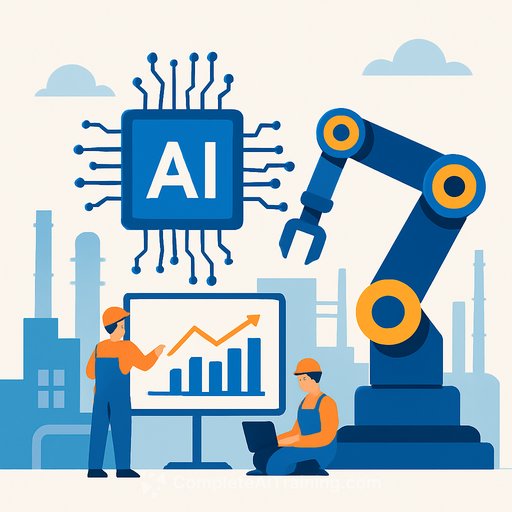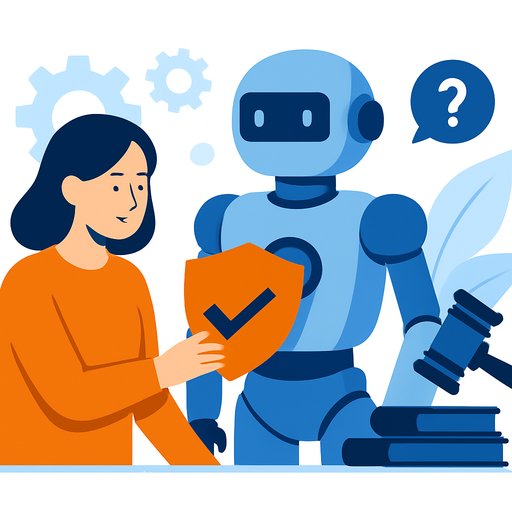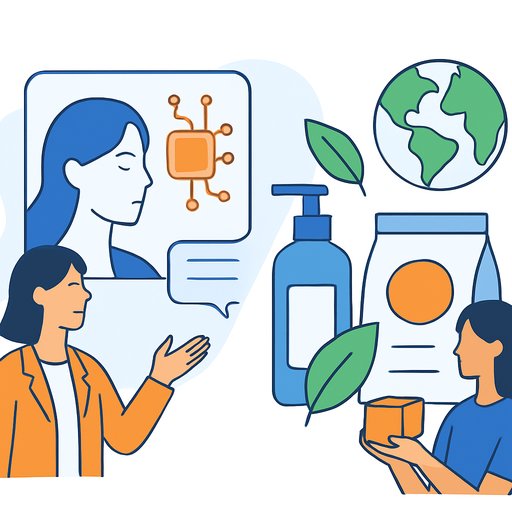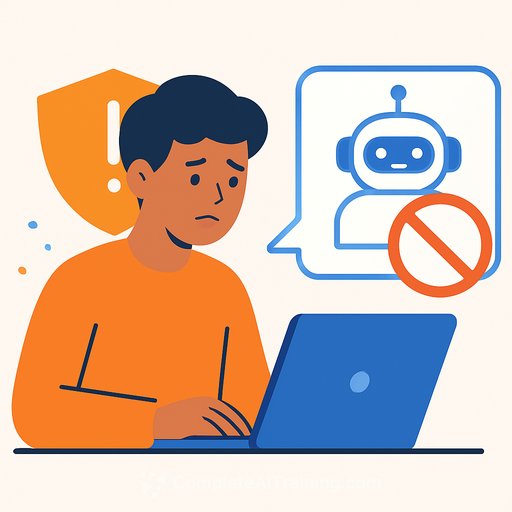SUPCON Technology Launches TPT 2: An Industrial AI Tool for Process Industries
In 2025, SUPCON Technology introduced TPT 2 globally, a tool set to accelerate the adoption of industrial intelligent agents within process industries. This launch marks a shift from traditional automation towards autonomous operations.
The launch event, held on August 28 in Hangzhou, was themed "Harnessing Temporal Energy, Guiding the Future with Wisdom." It gathered nearly 700 representatives from leading industrial companies, multinational organizations, research institutes, and media across dozens of countries.
Broadcast live on platforms including Xinhua Net, Sina Finance, and Gongkong.com, the event reached nearly 7 million viewers online, generated over 140 million readings on Weibo, and ranked high on Weibo’s hot-search and technology lists.
Introducing TPT 2: Industrial AI Focused on Process Industry Needs
Zhang Huize, vice-president of SUPCON’s international operations, highlighted that TPT 2 is built around industrial time-series data, aligning closely with the core principles of the process industry. Its adaptable AI model supports various production processes and enables closed-loop applications.
TPT 2 helps enterprises improve production safety, product quality, energy and material efficiency, and equipment maintenance. It supports autonomous factory operations by providing integrated solutions and industrial agents.
Key Benefits of TPT 2
- Intensive Empowerment: Using the SCOPES capability matrix (Simulation, Control, Optimization, Prediction, Evaluation, Statistics), TPT 2 replaces multiple industrial software tools with a unified agent. It enables efficient creation of agents for diverse process units, unlocking deeper value from industrial data.
- Expert-level Interaction: By embedding industrial production laws, TPT 2 offers root-cause analysis and accurate predictions. Its conversational interface provides 24/7 expert support, improving decision-making and operational responsiveness.
- Full-link Closed-loop Operations: TPT 2 delivers perception, recognition, decision, and execution capabilities in a closed loop. This supports less-manned and unmanned operations, even in complex industrial environments.
Built around a Mixture of Experts (MoE) platform, TPT 2 integrates multiple technical systems, evolving industrial applications from simple tools to intelligent agents capable of anomaly recognition, risk assessment, and autonomous decision-making.
How TPT 2 Helps Enterprises Compete with Lower Costs and Higher Quality
The launch of TPT 2 marks a turning point in industrial AI development. It addresses long-standing challenges, moving beyond experience-driven production models.
Chu Jian, SUPCON founder, reflected on the evolution from DCS to UCS control systems over 30 years and noted how advancements in network technology and AI are reshaping the industry. He emphasized that TPT 2 is specifically developed to address core enterprise concerns such as safety, quality, cost, efficiency, and carbon footprint reduction.
TPT 2 aims to improve production safety and energy efficiency, helping companies enhance competitiveness in a challenging economic environment. SUPCON plans ongoing iterations of TPT and deeper collaboration with users to expand Chinese industrial AI’s global impact.
Industrial AI Data Alliance: Building a Trusted Data Ecosystem
Alongside the product launch, the "Industrial AI Data Alliance" was established. SUPCON and over 130 industrial partners—including design institutes and service providers—formed this open organization to promote industrial data sharing and service collaboration.
The alliance targets three main areas: data sharing, value co-creation, and ecosystem building. It aims to solve issues like fragmented and unusable data by establishing trusted data spaces and standardized governance frameworks.
Ensuring data ownership and privacy, the alliance supports cross-scenario data circulation, providing high-quality inputs for pre-training industrial AI models and accelerating intelligent upgrades.
The alliance also promotes R&D, scenario incubation, industrial chain integration, and resource sharing to create a positive cycle of resource gathering, value creation, and benefit distribution.
Insights from Industry Leaders and Experts
Several experts shared practical insights on TPT 2’s application and AI technology developments during the conference:
- Li Wei, General Manager and Chief Engineer at Lanzhou Petrochemical, shared results from deploying SUPCON’s time-series model in ethylene plant operations. Three core AI agents improved anomaly detection (with 99.79% accuracy), optimized furnace heating time (saving 4-5 hours), and increased ethylene yield by 0.373%. These enhancements are expected to generate annual benefits exceeding 15 million yuan.
- Yao Bohan, a student from China University of Petroleum, highlighted TPT 2’s usability during the recent "SUPCON Cup" university competition. He noted how TPT 2 outperformed traditional software by simplifying complex industrial problems and enabling efficient research, helping bridge academic learning and real-world factory operations.
- Yin Ye, CEO of BGI Group, presented on industrial intelligence inspired by biological rhythms. He described how TPT 2 perceives production rhythms and dynamically responds to fluctuations, treating the industrial system as a living organism capable of learning and adapting. This approach makes faults predictable and bottlenecks manageable.
These perspectives underline TPT 2’s practical value across operations, research, and strategic industrial management.
For professionals interested in upskilling on AI applications in industry, exploring relevant courses can provide actionable knowledge. Resources like Complete AI Training’s job-specific courses offer practical guidance on integrating AI tools in product development and industrial settings.
Your membership also unlocks:





